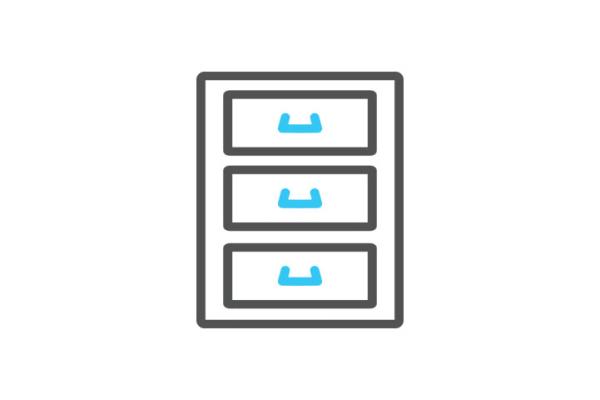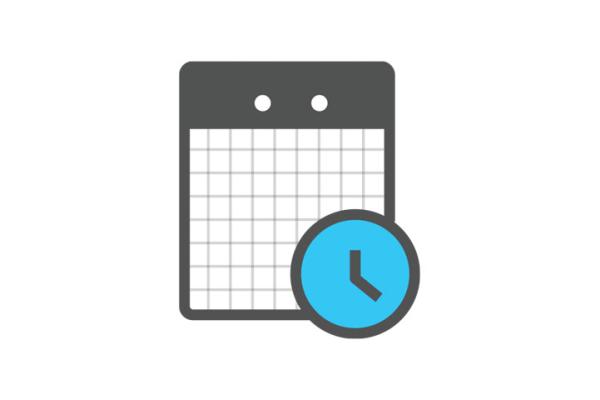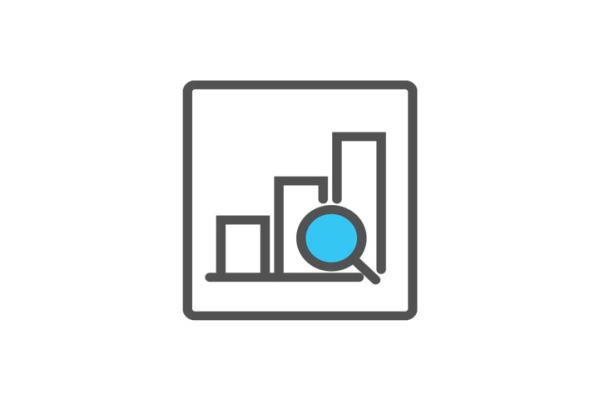In September 2020, the Commission presented a New Pact on Migration and Asylum setting out a fairer approach to managing migration and asylum.
The objective is to strike a new balance between the principles of fair sharing of responsibility and solidarity and to build confidence through a more comprehensive approach and modernised procedures.
The Pact proposes to accelerate migration processes and strengthen the governance of migration and border policies.
Health and healthcare of migrants is also included in the Pact through the introduction of health checks that will allow an early identification of migrant’s potential needs.
Proposals for reforms to EU law
The new Pact on Migration and Asylum
The Pact sets out a way forward to conclude negotiations on the reform proposals approved in 2016 and 2018, with the purpose of making procedures more efficient and providing stronger guarantees to the migrants.
The European Commission has also announced the following new legislative proposals to be included in the Pact:
- a proposal for a Regulation of the European Parliament and the Council introducing a screening of third country nationals at the external borders. According to the new proposal, individuals entering the EU without fulfilling the entry conditions will need to undergo compulsory health checks as part of the new pre-entry screening procedure in order to determine whether additional support is required
- amended proposal for a Regulation of the European Parliament and of the Council establishing a common procedure for international protection in the Union and repealing Directive 2013/32/EU
- a proposal for a Regulation of the European Parliament and of the Council on asylum and migration management
- a proposal for a Regulation of the European Parliament and the Council addressing situations of crisis and force majeure in the field of migration and asylum
Other proposals
In June 2016, the Commission adopted an action plan on the integration of non-EU country nationals into the EU member states. The plan contains several proposals related to healthcare and the revision of the Blue Card Directive. This revision is necessary to tackle skilled staff shortages and attract highly qualified non-EU nationals, including healthcare professionals.
In July 2016, the European Commission approved the second package of proposals to reform the Common European Asylum System, including the legislation containing provisions on healthcare such as:
These proposals are form part of the new Pact on Migration and Asylum.
What is the EU doing?
The European Commission’s priority is to provide support to countries that host a high number of migrants. The majority of migrants are healthy upon their arrival in the EU. Nonetheless, their health condition might deteriorate during their travels or they might have suffered from some medical conditions prior to their arrival to the EU.
Some of them might suffer from physical exhaustion, extreme distress, dehydration or cold, and these combined with inadequate living conditions, unhealthy lifestyle or chronic diseases might have a detrimental impact on their physical and mental health.
What is the EU doing to help?
- provides financial support to improve healthcare for vulnerable migrants, integrate them into national healthcare systems and train healthcare professionals
- supports the EU countries facing particularly high levels of migration in responding to health-related challenges and promotes the sharing of best practices on healthcare models
- coordinates the following activities through the Health Security Committee:
- collection of requests for health supplies from the most affected EU countries so that other EU countries can respond with additional capacity
- monitoring of communicable diseases via the Early Warning and Response System
- connecting together national contact points for health, civil protection, asylum, migration and integration funds
- works with the European Centre for Diseases Prevention and Control, the World Health Organization Regional Office for Europe and the International Organization for Migration to better identify and address the needs of the EU countries and refugees
- develops training programmes and training materials for healthcare and other professionals working with migrants to familiarise them with diseases they are not aware of and provide them with information on diverse cultural perspectives and specific needs of newly arrived migrants and refugees.
Guidance
The EU also produced a Personal Health Record and the accompanying Handbook for health professionals to provide healthcare professionals with tools to allow them to keep track of medical records of newly arrived migrants and refugees and swiftly identify their immediate needs.
In April 2020, the Commission communicated a new COVID-19 Guidance on the implementation of the relevant EU provisions in the area of asylum, return procedures and resettlement.
In June 2020, the European Centre for Disease Prevention and Control published a Guidance on infection prevention and control of COVID-19 in migrant and refugee reception and detention centers in the EU/EEA and the UK which contains scientific advice on public health principles which need to be followed to prevent the spread of the disease.
Developing projects
Since 2003, the EU has carried out a number of projects to address inequalities in health and healthcare, including those affecting migrants and to measure disparities in access to healthcare to foster greater integration of migrants into national healthcare systems.






